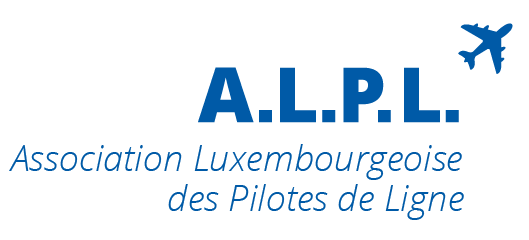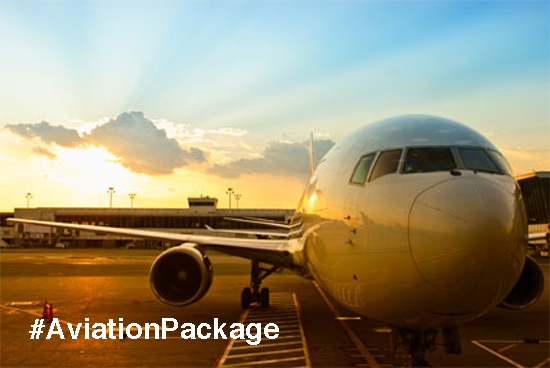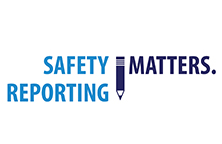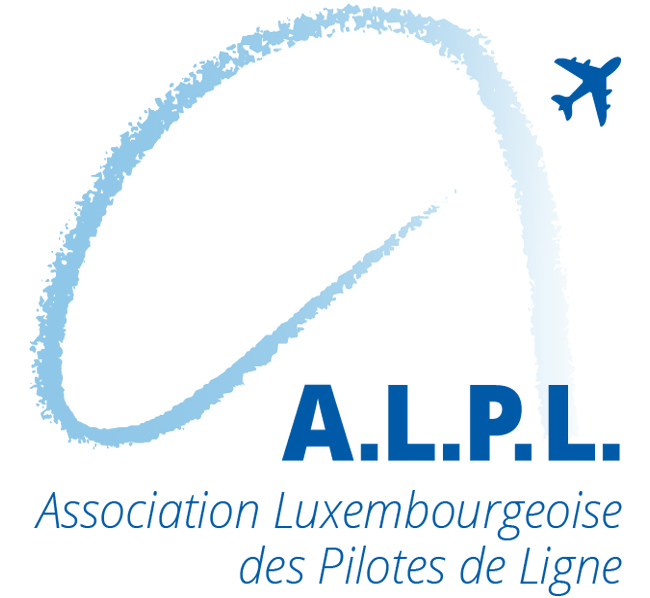A small group of countries is pushing hastily for full liberalisation of the global airline industry, without safeguards, or consideration of the impact of such a move. The deal is currently on the table of ICAO Air Transport Regulatory Panel and crucially has the potential to reverse decades of progress and best practice in economic, labour and safety regulations.
“This is a TTIP for aviation, but at a global level – full scale, instant, worldwide liberalisation that would change the aviation industry overnight,” says Dirk Polloczek, President of the European Cockpit Association. “The fact that you don’t hear many voices against this agreement is not because there is a consensus, but because there is a deliberate and partisan effort to keep this deal off the radar.” “We find both the process of drafting this agreement as well as its content, nothing less than scandalous”.
The ICAO proposals consist of a Multilateral Agreement, 2 Protocols (on passengers and cargo) and a Multilateral Convention whose objective is both to fully liberalise market access for international air transport and to change the current rules on Ownership and Control (O&C) of airlines. Further to this, the drafting approach is focused on reducing the economic regulatory ‘burden’ on airlines, removing Government involvement in decisions and operations deemed to be commercial, and minimising the use of regulation in the Agreement’s text. There is not the slightest reference to other issues no less important, such as labour, fair competition or the environment.
This lack of such provisions clearly demonstrates how the original mandate of the two working groups set up by the panel “to ensure respect for the highest levels of safety and security and the principle of fair and equal opportunity for all States and their stakeholders” continues to be flagrantly ignored. These topics cannot be separated or left to be dealt with at a later stage.
The unintended consequences of liberalisation are already hard to deal with and this agreement proposal lacks any impact assessment. For example, there is no examination of the potential consequences of the proposed replacement of O&C provisions with “principle place of business”, notably without providing a definition of this concept. The notorious case of “Norwegian” has just recently illustrated the limits of this concept and the ease of setting up “letter box companies” with all the related safety and social consequences. What would happen if this is possible worldwide?
“We’ve only recently heard two airline CEOs who bluntly say they do not ‘give a damn’ about ILO conventions and fundamental rights. Clearly, more than goodwill is necessary when it comes to such important labour and environmental safeguards,” says Jon Horne, ECA Vice-President. “A balanced and fair multilateral air services agreement must contain at least the following: a robust social clause; strong fair competition provisions; strong provisions on ‘Principle Place of Business’ (including a clear definition) and ‘Ownership & Control’; and strong environmental sustainability provisions.”
If this worldwide Multilateral Agreement were to be signed and ratified as it stands it would replace hundreds of existing and carefully thought through bilateral agreements, and leave airline safety regulation to states chosen on the basis of vague and undefined notions of where an airline’s ‘Principle Place of Business’ might be declared. Such a radical change deserves more time and reflection.
Read more: ECA Comments on the ICAO/ATRP proposal for a Multilateral Air Services Agreement
Or visit ECA’s website for more information.
